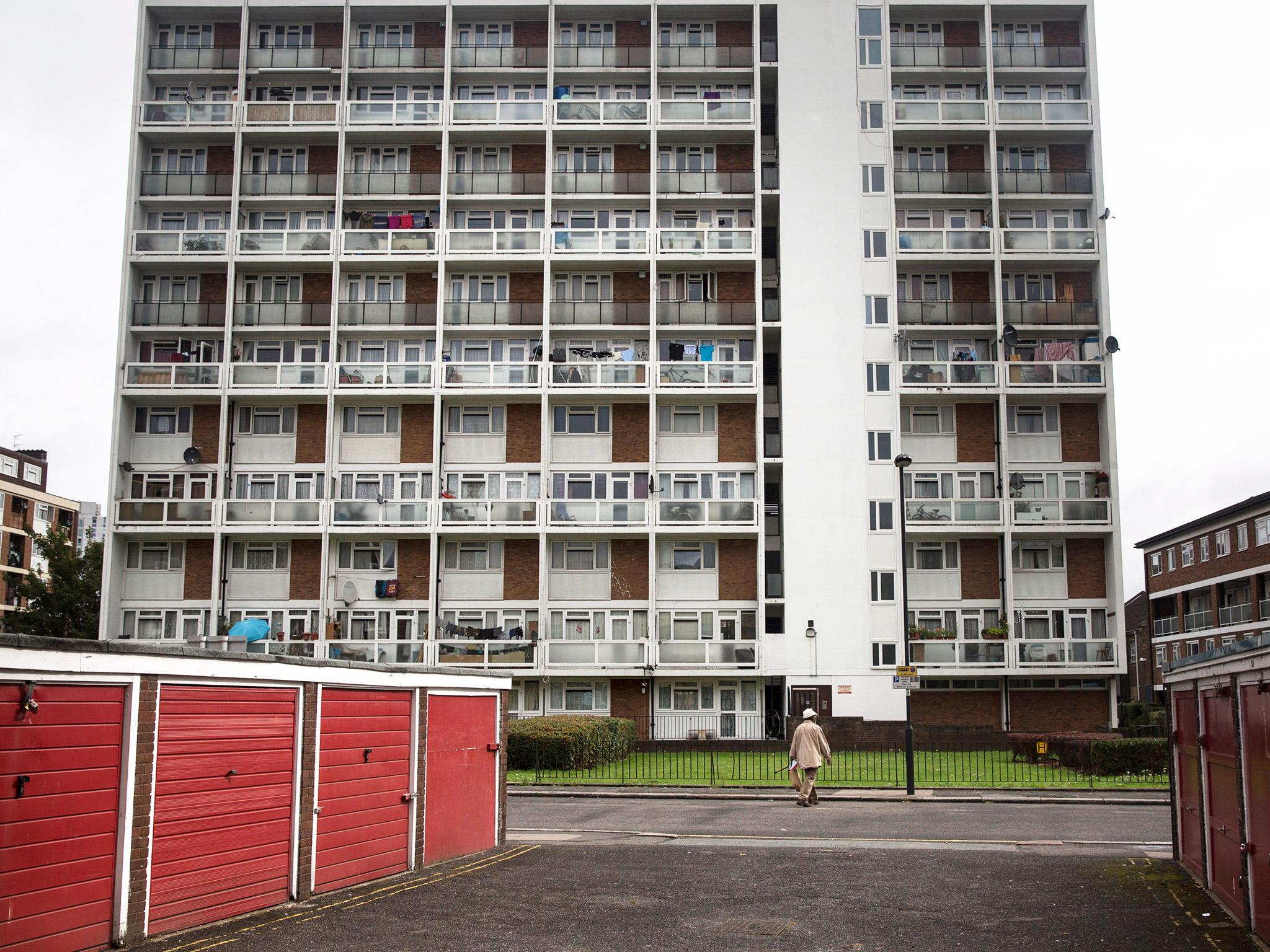Pay to stay: Moves to impose increases on rents paid by better-off council tenants set to be thrown out by peers
Accusations that the scheme could result in social cleansing in big cities

Your support helps us to tell the story
From reproductive rights to climate change to Big Tech, The Independent is on the ground when the story is developing. Whether it's investigating the financials of Elon Musk's pro-Trump PAC or producing our latest documentary, 'The A Word', which shines a light on the American women fighting for reproductive rights, we know how important it is to parse out the facts from the messaging.
At such a critical moment in US history, we need reporters on the ground. Your donation allows us to keep sending journalists to speak to both sides of the story.
The Independent is trusted by Americans across the entire political spectrum. And unlike many other quality news outlets, we choose not to lock Americans out of our reporting and analysis with paywalls. We believe quality journalism should be available to everyone, paid for by those who can afford it.
Your support makes all the difference.Moves to impose sharp increases on the rents paid by better-off council tenants are set to be thrown out by peers, with Labour predicting that the House of Lords will inflict a series of “profound defeats” on Government plans to overhaul social-housing rules.
Under the so-called “pay to stay” plans, families or individuals with a total annual income of £30,000 outside London or £40,000 in the capital will have to pay rents “at market or near-market levels”.
The proposal could leave a family earning £40,000 nearly £12,000 worse off than if they earned just below the income threshold, according to the London Tenants Federation.
Separate research suggests that 214,000 English households could be affected, including 27,000 in London, leading to accusations that the scheme could result in social cleansing in big cities. An extra £250m a year could be raised from the rent increases, with the money going to the Treasury.
Ministers are also proposing ending lifetime security of tenure for new council tenants – a system put in place by the Thatcher government – and giving local authorities the option of reviewing tenancies every two to five years.
Opponents say the move, which will prevent properties being passed down between generations, will deplete the social-housing stock as people take the opportunity to buy their homes while they are tenants.
The plan was hurriedly added to the Housing and Planning Bill after publication and was not included in the Conservative manifesto.
The legislation will also force town halls to sell their most valuable properties when they become vacant to subsidise the cost of plans to extend the right-to-buy of tenants in housing-association homes.
Concerns have also been raised that proposals in the Bill to require councils to authorise the construction of “starter homes” could lead to less social housing being built.
In addition, ministers have faced anger over a requirement for landlords to check the immigration status of new tenants and report any without the proper paper work – a proposal critics say is impractical and turns landlords into immigration officers.
The Government described the Bill as the “start of a national crusade to transform generation rent into generation buy”. Housing minister Brandon Lewis said: “We are determined that anybody who works hard and aspires to own their own home has the opportunity to do so.”
However, the legislation is set to come under sustained fire in the Lords from 11 April when Parliament returns from its Easter recess, with Labour claiming that opposition to many of the Bill’s provisions is growing among Tory and Liberal Democrat peers. It believes it could inflict as many as 12 defeats in the Upper House on the most contentious measures.
Lord Bassam, the Opposition chief whip, said: “There will be quite a number of profound Government defeats on this Bill. This is a Bill that is in a mess.” If key parts of the Bill, which has passed through the Commons, are rejected by the Lords it could inflame simmering tensions between the Government and the Upper House after peers threw out George Osborne’s plans to slash spending on tax credits.
John Healey, the shadow Housing Minister, said: “There is a certain amount of political panic in the Government.
“They are setting themselves housebuilding targets that they are getting nowhere near; homelessness is rising through the roof; home ownership is in freefall; and they have made some extraordinary promises that – even in the first year of Government – they are a long way from meeting. There is no conviction from anyone that this Bill meets the housing crisis.”
Join our commenting forum
Join thought-provoking conversations, follow other Independent readers and see their replies
Comments